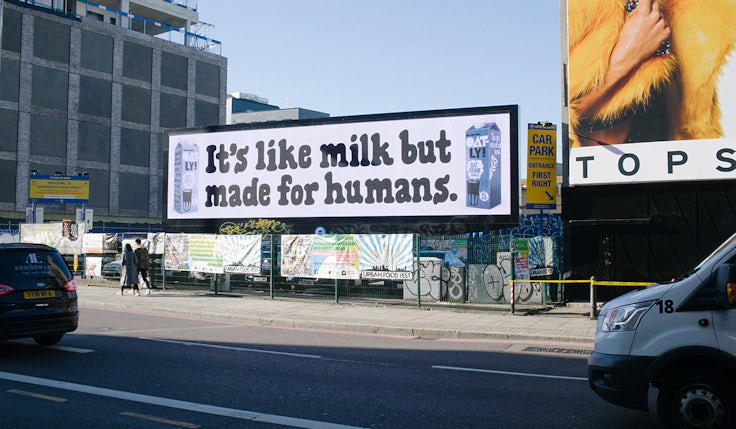Global marketing investment to grow 30% by 2025
New data shows a post-Covid rebound in marketing spend is underway, with growth to accelerate over the next three years. However, UK growth will be among the slowest.
 Global marketing investment is expected to grow 30% by 2025, according to new forecasts by Forrester – an increase of $4.7trn (£3.5trn).
Global marketing investment is expected to grow 30% by 2025, according to new forecasts by Forrester – an increase of $4.7trn (£3.5trn).
Despite the impact of the pandemic, an estimated $3.6trn (£2.6trn) was spent by public companies on marketing in 2021. Spend was therefore up 13% on 2020 and 2% on 2019, indicating a rebound in marketing investment as pandemic restrictions have lifted.
According to the Forrester report, the ability to measure the return on investment (ROI) of digital marketing will be helping to justify this greater spend to chief financial officers. Performance marketing saw the most growth in 2021.
Meanwhile, changes to consumer behaviour post-pandemic will boost marketing’s importance moving forward, whether that be in retaining customers, recapturing old customers, or enticing new ones, the report says.
However, the UK is expected to see the second slowest growth rate in marketing spend between 2021 and 2025, at 2.7%. The UK spent an estimated $158bn on marketing in 2021 (£120bn), the seventh highest nation behind Japan ($214bn, or £163bn), France ($195bn, or £149bn) and Germany ($193bn, or £147bn).Diageo credits marketing investment boost for powering growth
Only Russia lags behind at a predicted growth rate of 1.4%. The global average is 7%, while China’s and India’s marketing spend will grow the most, at 13.4% and 12.7% respectively.
Indeed, the majority of global marketing investment is led by US and Chinese companies, which will drive 73% of dollar growth from 2021 to 2025. Collectively, these companies were responsible for 53% of spend in 2021, at a total of $1.9trn (£1.4trn).
The UK’s contribution towards driving global marketing spend growth will be slower than other markets, ranking tenth on the list. The UK is expected to drive 2% of global investment growth, while Germany will contribute 3%, and France 5%.
Sector break-down
According to Forrester, marketing spend is “concentrated in two types of industries”. The first has high marketing intensity support, such as pharmaceuticals, biomechanics and fast-moving consumer goods (FMCG), which make up 37% of the investment.
The second group has high revenues, such as high-tech manufacturing and energy, and make up 31% of marketing investment despite only average or below average marketing intensity.
Forrester reports that healthcare providers, pharmaceuticals and biotechnology companies, alongside internet and direct marketing retail, were the only sectors that saw an increase in marketing spend in 2020, and never saw a decline. Pernod Ricard ups marketing spend despite ‘volatile’ environment
Meanwhile, financial services, property, and travel lagged the most. Some sectors will continue to remain below 2019’s level of spend even in 2022, including banking, capital markets, consumer finance, construction and engineering, real estate, and travel and leisure.
Looking ahead, Forrester says IT software and services will contribute the most towards rising marketing spend between 2021 and 2025, up 14% to $95bn (£72bn).
Multiline and speciality retail will follow with a rise of 9% to $65bn (£49bn), ahead of consumer durables and apparel, which will grow 8% to $56bn (£42bn).
Energy and banking are among the sectors expected to maintain or decrease spend, with energy’s spend to drop 1%, and banking’s to experience no change over the period.






